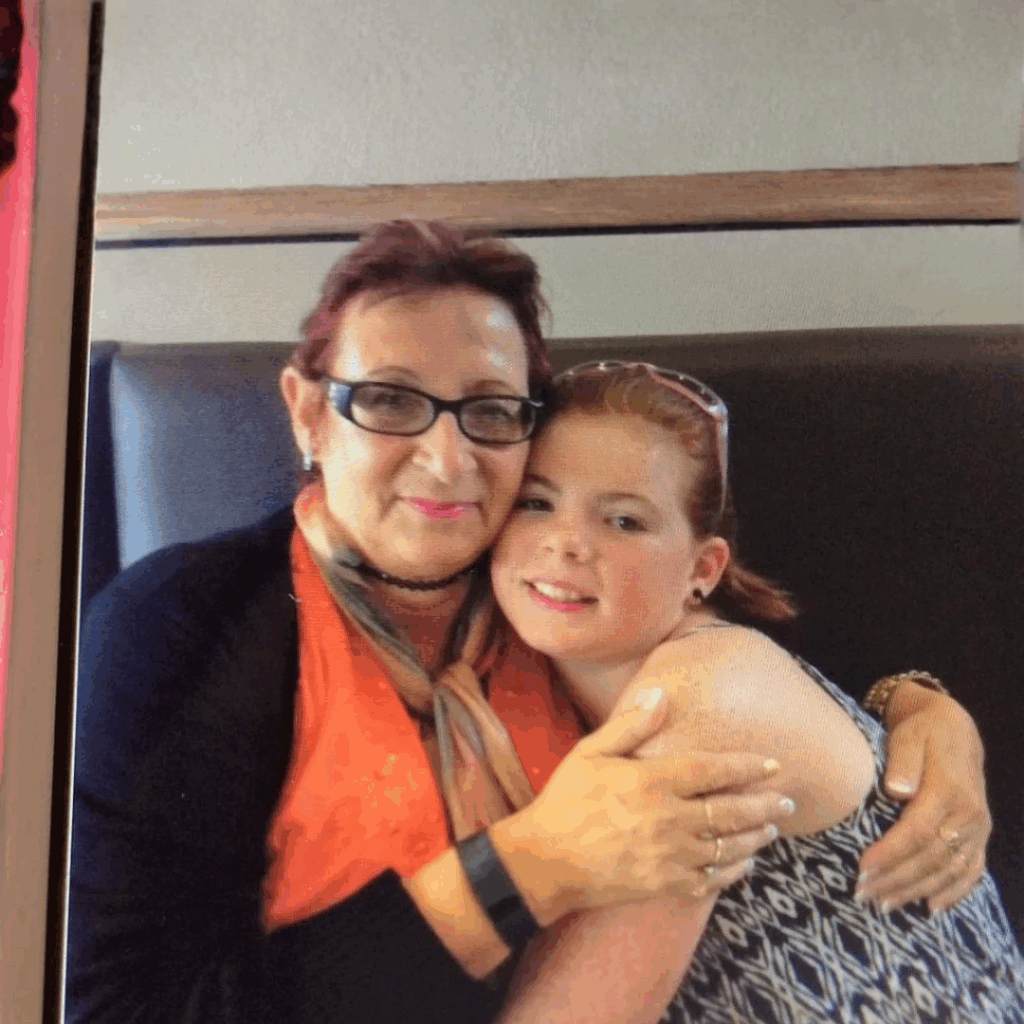Living alone with a lung disease can be challenging. Breathing difficulties can make the simplest tasks impossible. You may find there are certain tasks that exacerbate your symptoms. However, there are ways to accomplish this with the right strategies and support.
Here are some valuable tips and insights to help you with living alone with a lung disease.
Tips for living alone with a lung disease
- Stay active- You might be concerned about exercising with a lung condition. However, research has shown time and time again exercise helps to improve respiratory strength. Additionally, it can help your breathing. Exercise also keeps your mind engaged. Remember to start small and build up your routine gradually
- Keep in touch- It can be very easy to fall out of touch with those who mean the most to us. However, it is important to keep the lines of communication open. Organise a daily time to send texts or emails. Alternatively, consider a daily or weekly phone call. This helps combat loneliness
- Emergency preparedness- Develop an emergency plan and keep it in a safe place you will remember. Include contact information for healthcare providers, friends and family. Therefore, if an emergency occurs it is easy to access and avoid panic
- Food preparation- If feeling unwell or experiencing a flare-up, spending time preparing and cooking can be exhausting. Consider delivery services, or healthy frozen meals that take minimal time to prepare. Additionally, when you’re feeling energised try cooking several portions and freezing the leftovers
- Set a routine- Having tasks to achieve each day can help keep you motivated and maintain wellbeing. Living alone can eliminate a sense of accountability, so setting out your daily or weekly tasks, creates personal rewards
- Ask for help- Asking for and accepting support can be hard, but family, friends and neighbours are usually more than happy to help. Make your requests specific such as, can we have coffee together monthly? Can you drive me to my doctor’s appointment? You will be pleasantly surprised with the compassion people have
- Consider a medication journal- Writing down the names of your medications and the times assists to keep track of your medications. Ask your local pharmacist to help you put together a schedule.
Questions to ask your healthcare team about living alone
- If you live alone and find it difficult to travel to appointments, ask your healthcare team if they offer telehealth appointments or home visits. Subsidised transport services are sometimes available to assist you getting to and from your appointments.
- What precautions should I take at home? Ask your doctor about specific measures to enhance your safety and well
–being within your living space - How can I monitor my symptoms at home? Learn what signs, triggers, and symptoms to look for that may cause you to seek immediate medical attention and learn how to monitor your health effectively. Our COPD Action Plan and Bronchiectasis Action Plan templates can be completed with your healthcare team to help you better understand your condition, outline what actions to take if you experience a flare-up and help you better.
Peer support groups and online communities
Living alone with a lung condition can sometimes lead to feelings of loneliness. Peer support brings people with similar experiences together. They enable people with lung conditions to cope with the unique challenges of their diagnosis and encourage others to live their best lives.
These support groups offer opportunities to share personal experiences, coping strategies, or first-hand information about your lung disease and treatments. Peer support groups offer a way to connect with people from all walks of life, who understand the nuances of living with a lung disease.
The ability to talk to others through peer support groups can help with overcoming loneliness by providing:
- Connections with other like-minded individuals- Peer support groups offer connection around the country. This is important when living alone, to receive and provide support to those who have a shared understanding of your challenges
- Information and resources- Obtaining advice and invaluable insights from a supportive community of people who have ‘been there.’ Led by volunteer leaders, it’s an easy complimentary platform to use
- Emotional support- Receiving encouragement, empathy, and advice from peers who have faced similar struggles, fostering a supportive network
- Feeling stronger together- Knowing there is a group of people supporting and empowering you with knowledge and resources about your condition, makes it easier to face challenges
- Motivation – Peer support can help you to stay motivated to manage your lung disease while living alone.
Learn more about peer support groups here.
Talking with a social worker
Talking to a social worker can be helpful during challenging times. They can assist with guiding you to accessing local community resources and support services that ease the burden of managing your condition.
Discussing emotional challenges provides an outlet for expressing concerns and fears, contributing to improved mental well–being.
You can reach out to Lung Foundation Australia’s lung cancer social worker service. Additionally, if you are living with silicosis, you can access our Silicosis Social Work program for a free telephone-based service.
You can also call our friendly Information and Support Centre, who are available to provide complimentary trusted advice. They can connect you to resources and support services to help you cope living alone.
Was this page helpful?
Good job! Please give your positive feedback
How could we improve this post? Please Help us.



